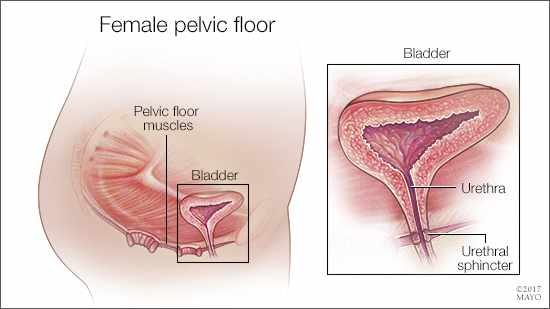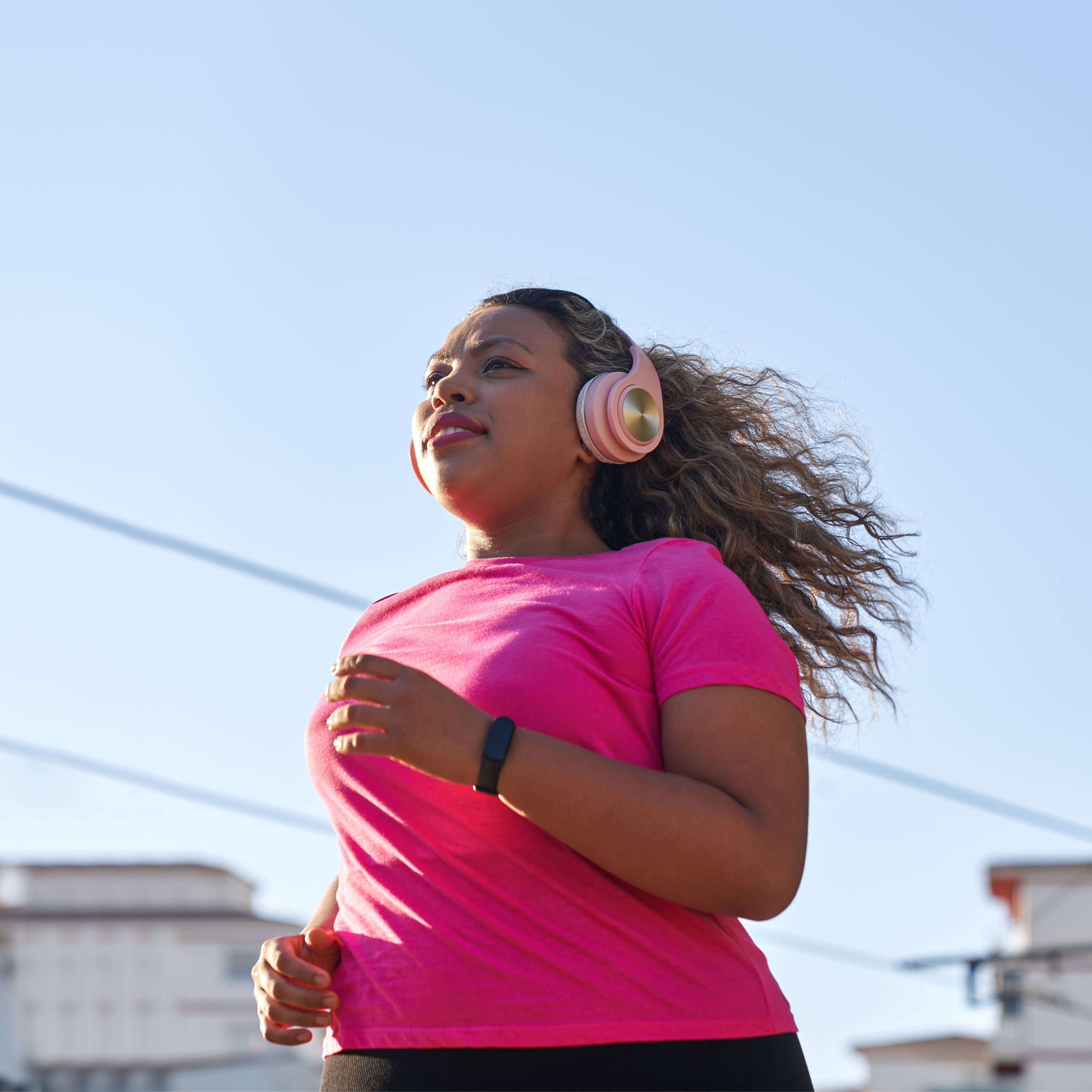-
Featured News
Pelvic floor disorder awareness

The pelvic floor is a group of muscles that run across the bottom of the pelvis and hold up various organs, including the bladder and bowel. Weakening of the muscles or connective tissues in the pelvic floor can cause issues such as urinary or fecal incontinence or organ prolapse.
One of the biggest misconceptions about pelvic floor disorders is that they only affect women after a pregnancy. "Pregnancy can contribute to pelvic floor disorders, but pelvic floor issues can affect both men and women," says Dr. Olivia Cardenas-Trowers, a Mayo Clinic urogynecologist.
In addition to urinary and fecal incontinence, pelvic floor dysfunction can contribute to overactive bladder issues, such as urinary frequency and urgency, pelvic pressure or heaviness, pelvic pain, and sexual problems.
Approximately 1 in 3 women over age 20 report some form of pelvic floor dysfunction, but Dr. Cardenas-Trowers says the number is likely significantly greater.
"Unfortunately, many people suffer unnecessarily with pelvic floor issues because they are embarrassed to discuss their concerns. Pelvic floor disorders are not normal, no matter the age or gender of the person," she says.
The good news is that quality of life can be restored once patients receive a diagnosis.
"There are various medications, physical therapy, devices, and even minimally invasive surgical procedures available today that can help a patient overcome pelvic floor issues, but it's important to speak with a health specialist about your specific situation since some individuals may have several issues," Dr. Cardenas-Trowers adds.
She recommends men speak to a urologist and women seek out a urogynecologist, which is a physician who is not only a gynecologist, but is also specially trained in and focused on female pelvic floor disorders, incontinence and prolapse.
Dr. Cardenas-Trowers also suggests adding pelvic floor strengthening exercises to any workout routine. "As with other parts of our body, our muscles and tissues lose strength and elasticity as we age. We know exercise is good for our heart, and brain, and can help improve our overall health. Our pelvic floor is no exception. There are certain exercises that can help to optimize pelvic health," she says.
Watch: Dr. Cardenas-Trowers demonstrate easy pelvic floor strengthening exercises.
Learn more:
Women’s Wellness: Lifestyle strategies ease some bladder control problems
Women’s Wellness: Sexual health after cancer treatment
Women’s Wellness: Chronic pelvic pain can have multiple causes







